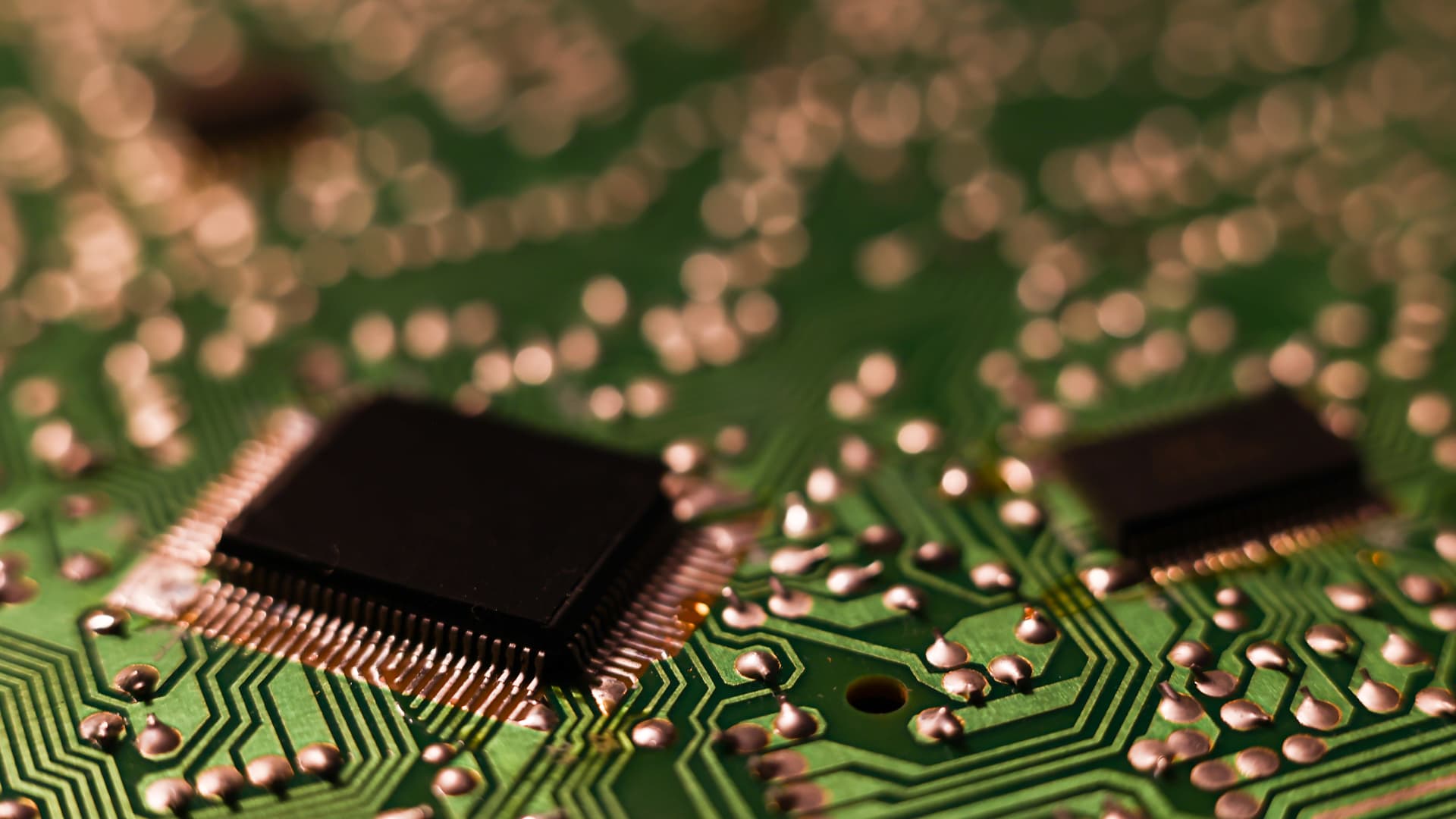Jakub Porzyck | Nurphoto | Getty Images
Qatari telecoms provider Ooredoo told CNBC Wednesday that its new tie-up with Nvidia is compliant of all U.S. regulations and will still allow it to have access to the latest technology.
Ooredoo earlier this week signed a partnership with Nvidia, marking the chipmaker’s first large-scale entry into the Middle East market. The companies did not disclose the value of the deal.
The deal will see thousands of Nvidia’s GPUs (graphics processing units) deployed in 26 data centers across Qatar and five other countries: Kuwait, Oman, Algeria, Tunisia and the Maldives. These chips will help the data centers process massive amounts of information, which will feed AI chatbots and other tools, essential components of a country’s AI infrastructure.
The tie-up comes after the United States last year restricted the sale of certain advanced chips to some Middle Eastern nations, over fears the technology could be intercepted by China.
Washington does allow the export of some Nvidia chips to the region, and Nvidia, AMD and Intel have all indicated plans to create less powerful chips for export to the Chinese market. The restrictions focus on A100 and H100 chips, not GPUs (another type of semiconductor) which are central to this deal.
Ooredoo told CNBC that the deal is compliant of all U.S. regulations. Under the partnership, no new licenses for different chips have been created.
“As a telecom operator, dealing with very stringent regulation is business as usual. We are used to dealing with regulators and government authorities, whether they’re local or international,” Ooredoo’s CEO told CNBC.
“We are working very closely with the different regulators and with Nvidia to see all the required approvals and to provide all the guarantees required,” he added.
A tug of war between China and the United States has played out in the race to obtain and protect the latest artificial intelligence technology. The United Arab Emirates’ top AI group G42 vowed to phase out Chinese hardware to appease Washington, later seeing through a deal with Microsoft worth $1.5 billion.
Gulf states are leveraging their vast energy wealth to try to become pioneers in artificial intelligence, investing in developing the technology and importing massive quantities of chips used in AI data centers.
According to Ooredoo’s CEO, the chips are latest generation GPUs, catered specially for artificial intelligence and “will be able to deliver extreme machine learning and model utilization of these AI models and generative AI.”
They will be used in citizen services for governments, and to enhance productivity and efficiency for general corporations and research and development.
The cloud partnership between Ooredoo and Nvidia aims to position the chipmaker as the central source for AI technology in the region, and according to Ooredoo will drive innovation, development and create jobs. The countries will get access to Nvidia’s latest full-stack AI platform, catering to both Ooredoo and non-Ooredoo customers through independent data centers.
Ooredoo also committed to investing $1 billion to boost its regional data center capacity even before announcing its partnership with Nvidia. Aziz Aluthman Fakhroo, Ooredoo’s CEO, told CNBC’s Dan Murphy that he expects that investment to be returned in the years to come.
“The demand we’re seeing just from the cloud and now adding that layer of AI to it is already outstripping our most optimistic plan, so we will probably exceed that investment in the next three to five years.”
Qatar Investment Authority-backed Ooredoo, which is listed in both Qatar and Abu Dhabi, plans to develop a platform driven by AI and powered by Nvidia in the hope of meeting market demand.
Nvidia briefly became the world’s most valuable company last week, overtaking Microsoft. The chipmaker rebounded in Tuesday trade, reversing a three-day losing streak which wiped over $550 billion from its market value.
